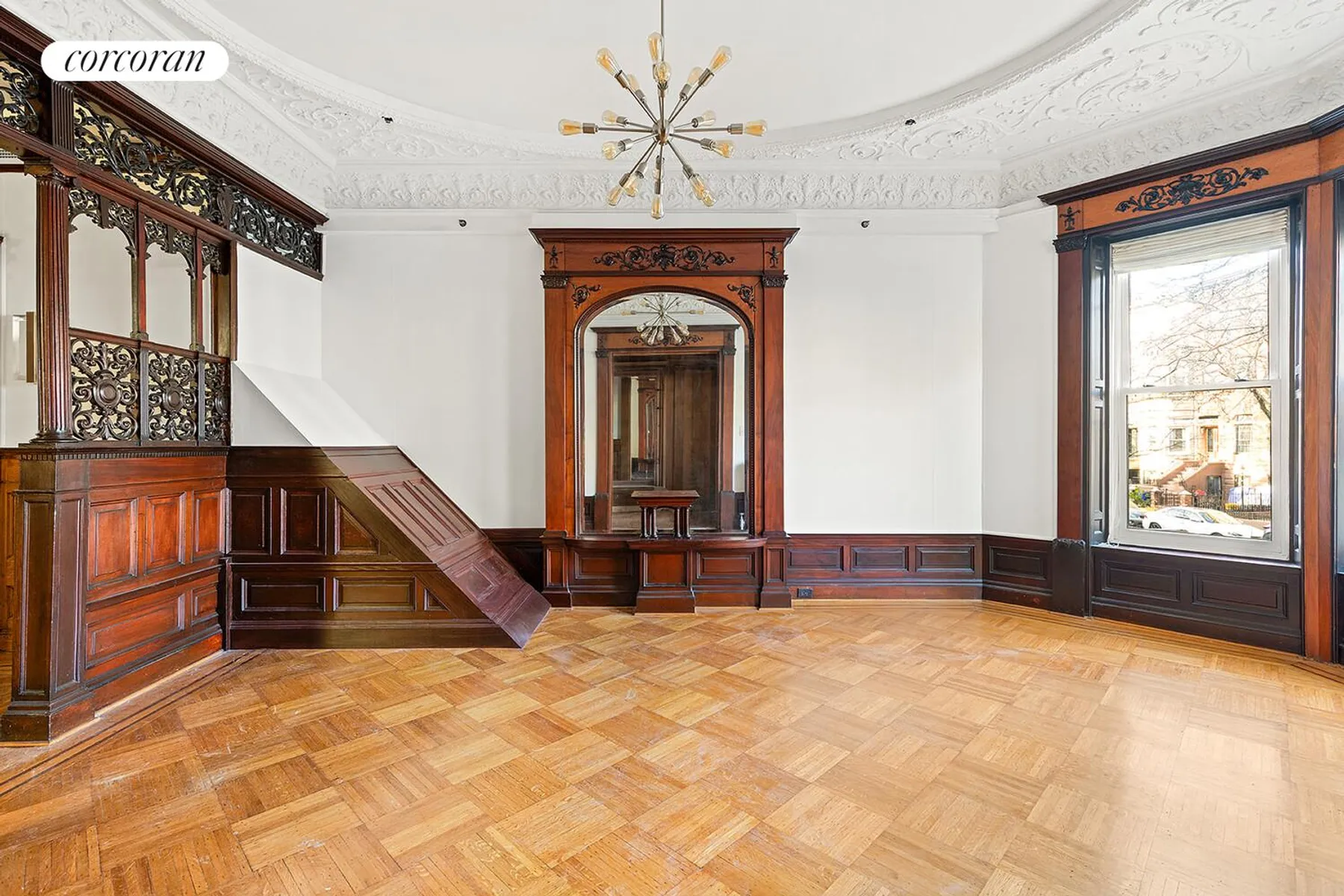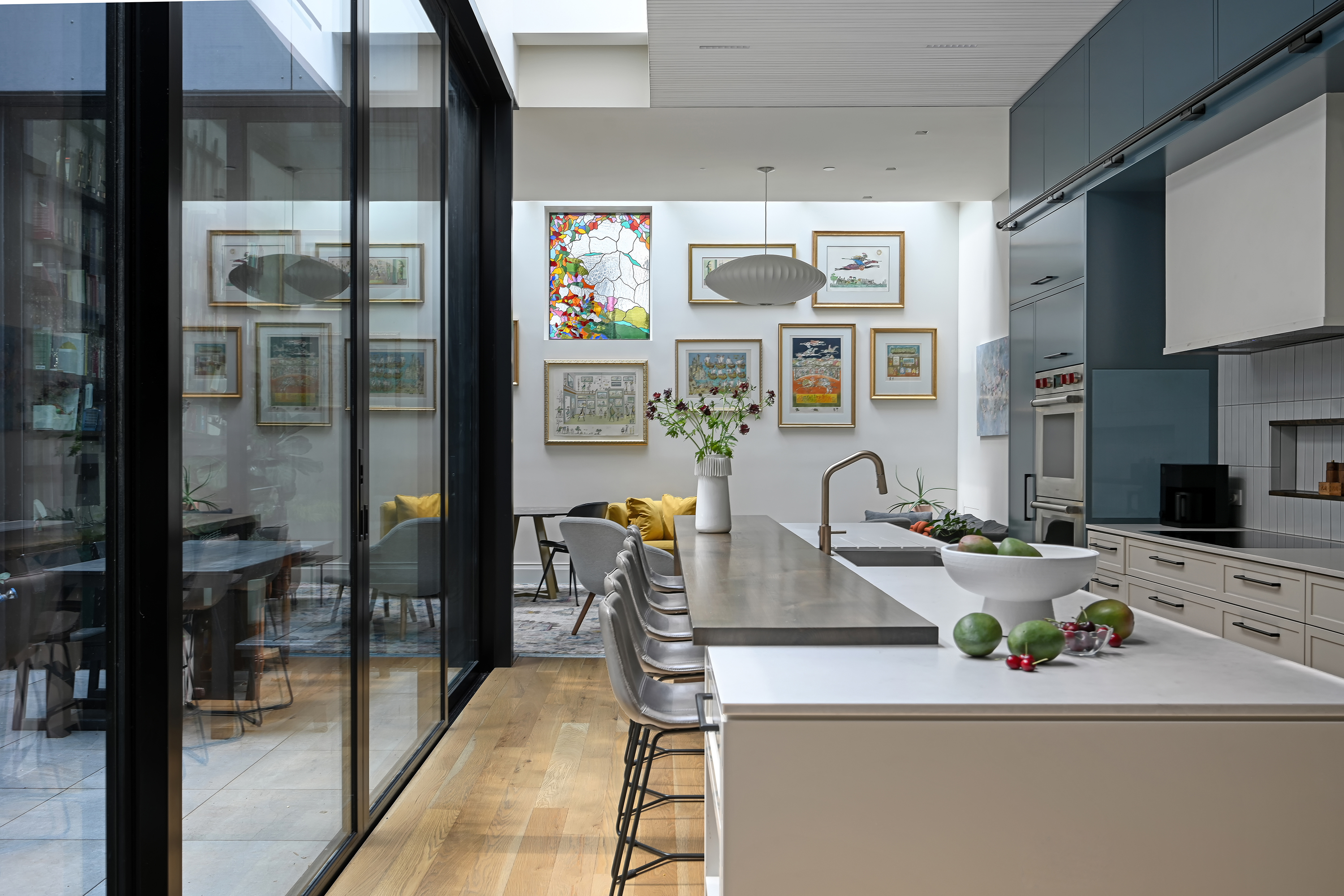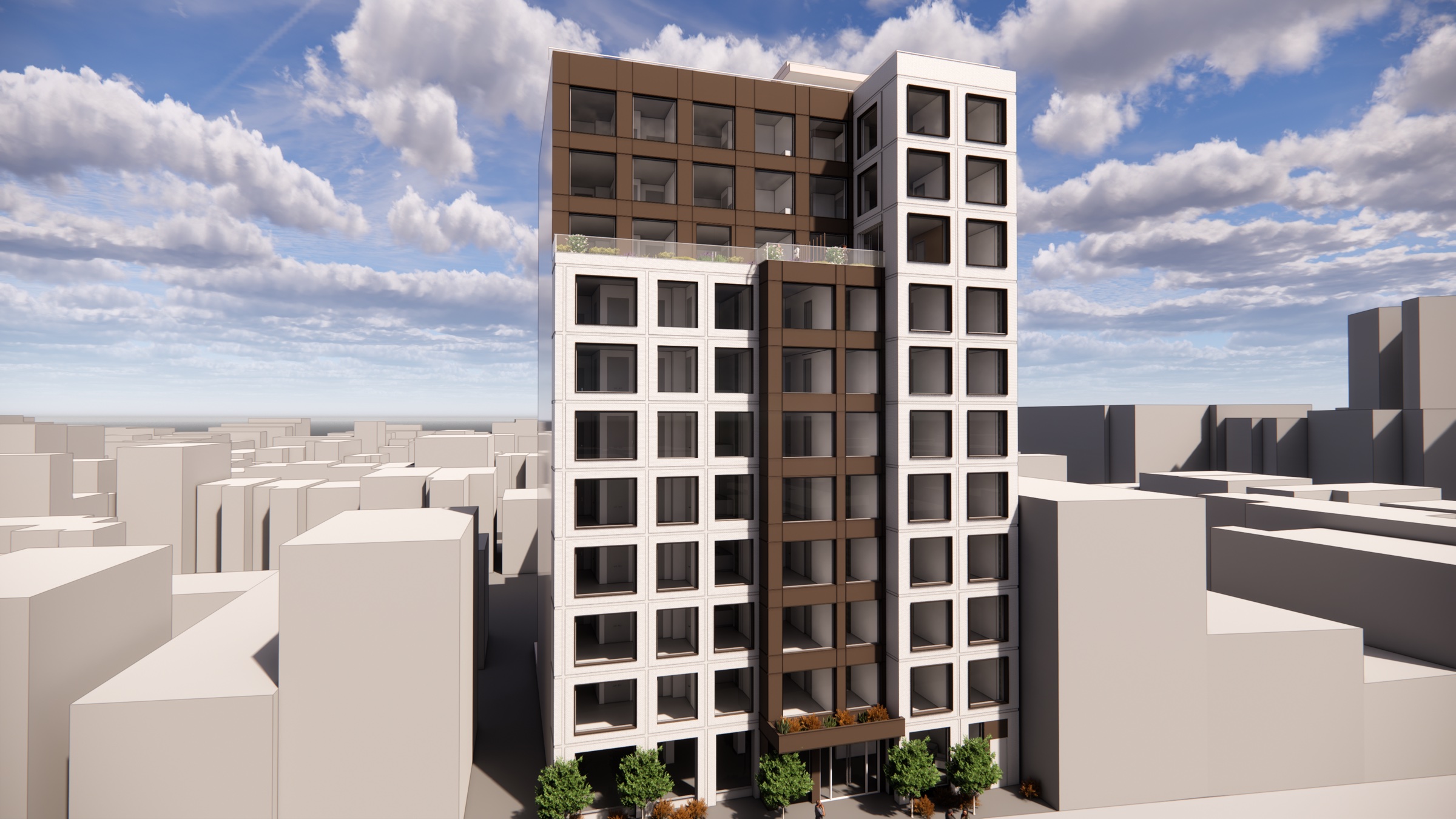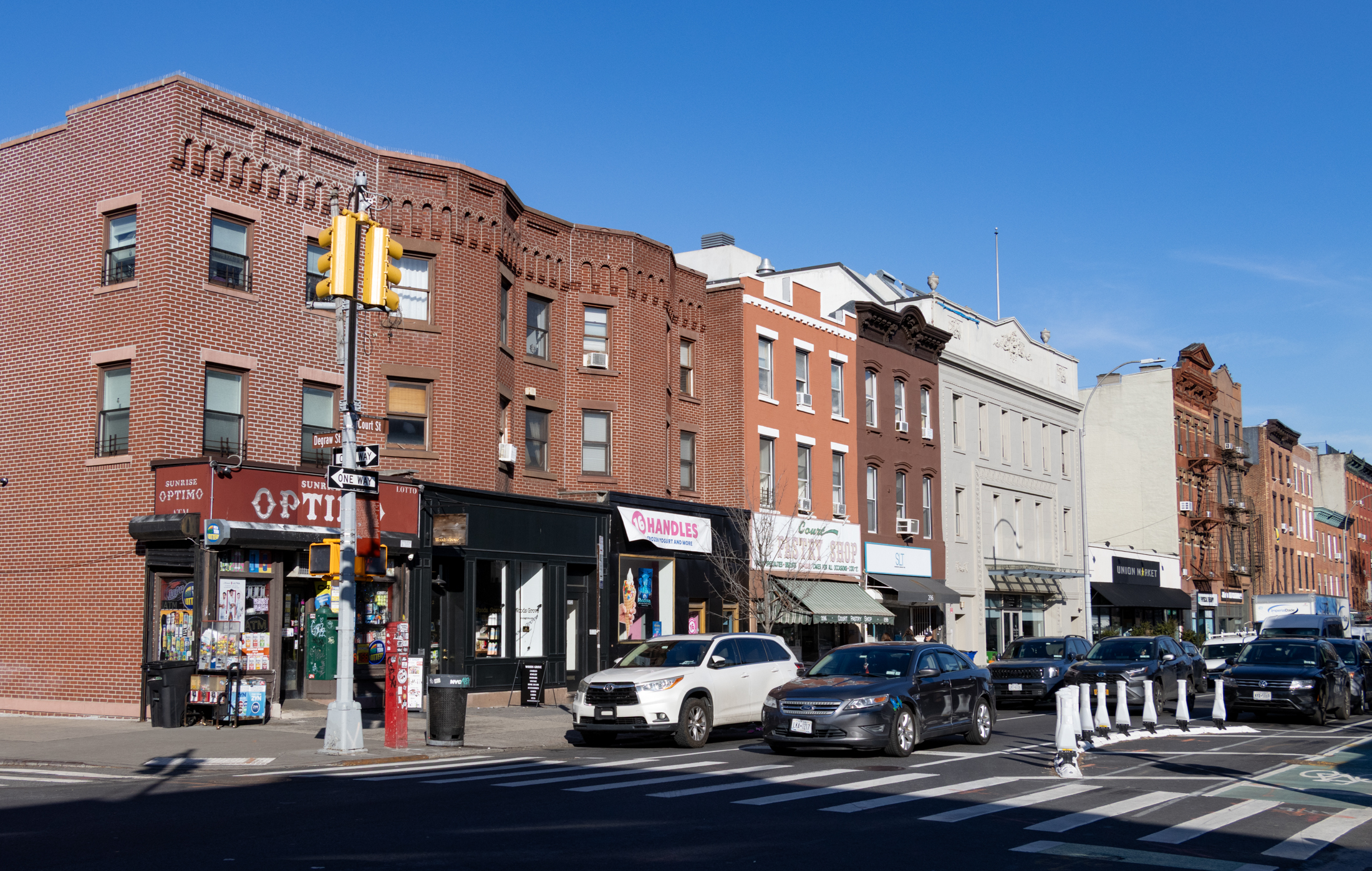Wall Street Experts Can't Agree on Housing Bubble
Goldman Sachs’ chief U.S. economist Jan Hatzius thinks the worst is behind the housing market. “The point of maximum deterioration in housing activity has probably passed,” he wrote in and October 20 research report. “The sharp downturn of the past year seems to have brought total housing starts—single-family starts, multi-family starts, and mobile-home shipments—close to…
Goldman Sachs’ chief U.S. economist Jan Hatzius thinks the worst is behind the housing market. “The point of maximum deterioration in housing activity has probably passed,” he wrote in and October 20 research report. “The sharp downturn of the past year seems to have brought total housing starts—single-family starts, multi-family starts, and mobile-home shipments—close to the level justified by the underlying demographics.” David Rosenberg, North American economist at Merrill Lynch disagrees: “Our research suggests that this housing cycle does not bottom out until starts reach the 1.3 million mark. So contrary to popular opinion, we are barely in the fifth inning of this down-cycle on the construction front.”
Who’s right? If you listen to the markets, it’s Rosenberg. Futures traders playing the Chicago Merc’s housing futures are collectively forecasting another 7% decline over the next 12 months.
Is Housing Out of the Woods? [Business Week]





In addition to the trade up factor, there is income. Real incomes are not increasing. Yes, there are young people whose salaries have been going up 20% a year for a few years — but we all know that, except for a miniscule percentage of those folks, it levels off. Real incomes (national average for those who want to quibble) have been stagnent for what –10 years? At some point most people stop moving up until something else impacts the market (as low interest rates have)… How many new condo units (at $700+/sq ft) are coming on the market? Many are likely to be rentals — which will make rents come down and people less desperate to buy.
I bought two brownstones in my life. All of the nay-sayers told me not to buy, buy I did it anyway. I happened to have bought when the economy wasn’t doing that well. Both purchases turned out to be the best purchases that I’ve ever made. When I sold one of them when the price doubled, I felt like a genius. Everybody said that it was a great sale. It was a mistake. The price continued to rise and I dream of how life would be if I held on to it.
The moral of the story is for the buyers. Do not listen to the nay-sayers
when you find a property that you like and can afford. In a borough and city and country which will experience ever increasing demand, get a piece for yourself now.
Those are wise words, 5:13pm. I have to say I completely dismiss those who always sit on the sidelines saying they are waiting to buy. Those people haven’t bought yet because they’ll never buy, no matter what the market is doing. They could have easily bought something in prime Brooklyn neighborhoods 5 years ago and picked up a bargain then – so why didn’t they? Maybe they were sitting around whining about rising prices then too, predicting and hoping prices would fall. And here they are 5 years later still whining and waiting. My husband before I met him had the foresight 9 years ago in his 20’s to buy an apartment instead of rent, on what is now (but far from it, then) a prime block in Park Slope. And with the profits from that sale, we’re able to buy a house. Meanwhile he has friends who never bought anything 9 years ago or ever since then, and who now can’t afford a house. Even though they make a bigger salary than us. And all because my husband went ahead and took action and bought a little apartment years ago.
1 year and 10 months ago, a very intense and intelligent person I know told me that I should be prepared to live in the brownstone I was thinking of buying (since bought) for my entire life. He said that there was a good chance that in the coming real estate crash, that I would likely lose all my equity and be trapped with nowhere else to go. Of course, he articulated my own nightmare scenario. Since then, on paper of course, the brownstone has appreciated by 50% factoring in all my cost of renovations. I transformed the Adams Family Urban townhouse into a really nice place. All the costs are locked in and rents are going up. I guess I am drawn into this discussion because I am still arguing with all the experts who warned me against this. If you are committed to living in Brooklyn and are lucky enough to be able to buy a place, especially a brownstone with rentals, I think you are OK. To skeptics, “I’m talking my book,” but if it is your living solution (you have to live somewhere), and you choose well, you’re ok.
Point taken. And to the extent that there’s been a real improvement in something (improved neighborhood, schools, renovation, etc.) the fact that Brooklyn real estate appreciated faster than inflation does make sense. My point was rather that it’s rather non-sensical to pick something unrelated like tuition that is increasing quickly and say, “Oh, well, that’s going up quickly. So no reason real estate shouldn’t as well.” May as well compare Brooklyn real estate to the price of milk or what have you.
But yes, to the extent that there is an underlying change in Brooklyn real estate itself, the increase outpacing inflation does make sense.
I don’t know about Tribeca, but my friend sold her Soho loft immediately, with multiple offers. That was this month, not a year ago. And we’ve had a big increase in interest in our Park Slope condo for sale – we’re expecting two offers this week. Someone who said something is changing is right. We’ve noticed it too, in the attitude of potential buyers. As for brownstones, they are selling. A little more slowly, and sure, for less than they did last year but they’re selling. No mystery there, we all can see that.
As for living in the suburbs – blech! You’ve got to be kidding. Gives me the shudders. Last time we visited the suburbs we went to the mall, and it was SO surreal. People walking around like zombies, glazed eyes, muzak playing, nobody looking at each other or making conversation. Within minutes my husband and I looked at each other and said “We could never live in the suburbs”. I just couldn’t handle it. Anybody who wants to move to the suburbs and pay $20,000 a year property taxes to do so, be my guest. More room for us urban dwellers! **sigh** I wish. Every housing expert on the planet says the trend is the opposite, and the migration is into the cities, not out. Park Slope is noticeably more crowded within the last 2 years. The subway cars visibly more full going in and out of Brooklyn, the bridges just packed with taxis bringing people home to Brooklyn late at night. This is why the developers are so crazy for Brooklyn I guess. They see this stuff too.
To anonymous 3:05 PM, I think you can make a clear case that Brooklyn Brownstones should have appreciate at a signifcinatly faster rate than inflation (18% from 2000-2006). I’ve lived in Boerum Hill over 25 years (after attending Columbia where it sure felt like I was paying more than 1/3rd of the tuition cost). In that time I’ve seen a significant inflation in things like the number of restaurants and stores I can go to. I’ve also seen deflation in certain things like the chances of my getting mugged when I walk home at night, and the chances of my car getting broken into or stolen at night. Most of that change happened during the past 10-12 years. When I look around I see a better neighborhood. Not surprisingly, I there are a lot more people living in the neighborhood or wanting to live in the neighborhood and that shows up in real estate prices.
ly of brooklyn–I’m not saying prices won’t go down in Brooklyn. All I’m saying is that I (yes, I, –no claim for anyone else) have perceived a psychological shift away from what was just a couple of months ago a clear buyers market. I’m currently in a bidding war on a property. I yes, I, haven’t seen that in a while…If you want proof on what makes parts, yes, parts of Brooklyn, special, look no further than the above reference to Tim Robbins possibly moving to Brooklyn in the Record. Brooklyn is, I’m afraid, now very cool to Manhattanites who receive press for things like where they’re buying a house or what baby they’re adopting in Africa. Many of these people have now decided that they want to live in a brownstone in Brooklyn and the brokers use this in their favor to lure Manhattanites who care about such things. This, in addition to all the factors mentioned above, including how few brownstones are even available at one time, means that prices seem, in my opinion, to have stabilized. Now I don’t knopw anything about your brother’s loft in Tribeca but I do know that unlike brownstones, they do appear to be building quite a few of those these days. Maybe your brother’s loft is special. I’m sure it’s lovely but I don’t know how many people are banging down doors to buy Tribeca lofts when oh so many of them have been built in the last few years. Enough. Those were the only points I was making.
“but this report doesn’t exactly make a
compelling case that baby boomers aren’t a factor in the NYC real estate demographics.”
A factor, maybe, but a small one. And the other thing one has to remember is that when one retires, one generally looks to decrease their living costs and expenses. While there are certain people for whom this is not an issue, there aren’t so many people in the suburbs of NYC who can make enough money on the sale of a house as to make living in NYC a viable option. And it’s not just housing costs but other expenses – food, entertainment, etc.
Although it would probably benefit many older people with health issues to live in a doorman building with an elevator, near hospitals and surrounded by numerous neighbors, I just don’t think it’s going to happen here to the extent that people hope.